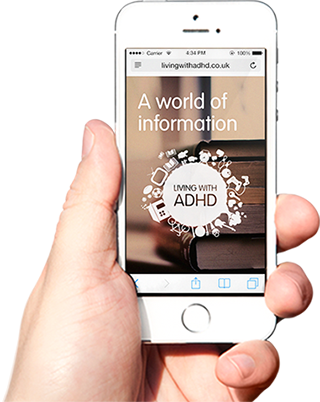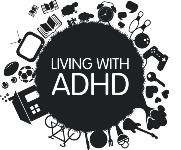Your family doctor
Your family doctor
The first person you are likely to see about your child's symptoms is your family doctor (general practitioner, GP). You might contact your GP directly, or be advised to see the doctor by your health visitor or child's teacher.
Initial assessment and referral to a specialist
Your GP's role is to recognise whether your child might have ADHD, and if so, to refer them to a hospital specialist for advice and possibly a fuller assessment. In order to make this decision, your GP will need to know:
- The types of symptoms your child has been having. See signs and symptoms for a list of what the doctor is looking for and the symptom checklist for a symptom tracking log to fill in to show to your GP
- When the symptoms first began, and how long they have lasted
- Where the symptoms take place - just at home, or just at school, or both?
- The effects the symptoms have had on your child's life at home and school
Your GP may ask you and/or your child to fill in a questionnaire to help gather this information.
Talking, observation and check for physical causes
Your GP will talk to, and observe, your child during the appointment. It is important to tell the doctor if the child's behaviour is markedly better during the consultation than at other times – children can be "on best behaviour" for the doctor!
Your GP will probably also check for possible physical causes for your child's symptoms, such as hearing problems, and may ask about other things like sleep problems.


Resources
Visit our resource centre for useful information and helpful activities for parents, teachers and teenagers living with ADHD.
